By Anthony M. Wanjohi: The right to adequate food, like any other human right, imposes some obligations on the State: The state has obligation to respect existing access to adequate food. This requires the state not to take any measures that result in preventing such access. It also requires the state to ensure that third parties (companies or individuals) do not deprive persons of their access to adequate food. The other obligation is that the state must pro-actively engage in activities intended to strengthen people’s access to and utilization of resources and means to ensure their livelihood, including food security. While the state is obliged to carry out these obligations, there are specific measures that can be used to address the problem of food insecurity especially in developing countries.
Designing and implementing food security policy framework
Governments through the Ministry of Agriculture should formulate policies that are aimed at increasing food production and encouraging the development of strong supply markets. Such policies should be geared towards encouraging stable and transparent policies on farm inputs subsidies, types of farming (irrigation, subsistence, and large scale), land tenure, storage, markets, financing and risk management, supply chain coordination and infrastructure development. To implement such policies, there must be sound governance anchored in strong political good will.
Facilitating agriculture biotechnology
The facilitation of agriculture biotechnology has potentials of providing producers from ‘food deprived nations’ with a powerful tool needed not only to produce enough food to feed the country’s food insecure population but also export to other ‘food deprived nations of the world.’
Subsidizing farm input and incorporating proper land tenure
In order to subsidize production and bring down the cost of producing maize in the food starved nations, the Government must ensure that the costs of farm input like seeds and fertilizer is heavily subsidized and that the local Fertilizer industry is supported to further ensure availability and sustainable development. Further, the government is obliged to keep a close check on fuel prices and ensure that oil companies do not increase their rates arbitrarily even without the prior dictate of global oil market. Finally, proper land tenure mechanisms need to be incorporated so as to ensure proper usage of lands to realize maximum production.
Improving food storage
One recent study by Muendo (2012) established that storage is one of the major challenge posing food insecurity in food starved nations. As such, proper food storage at national and local (farmer) level should be established. Awareness should also be created among the farmers on the importance of constructing permanent storage facilities over the temporary ones.
Resource mobilization
Complementary or alternative public expenditures should be mobilized to achieve national food security goals. For instance the government through the financial institutions may initiate cash transfer programmes so as to increase farm income and input usage, liberate the market and infrastructure development so as to establish robust private sector-led input supply chain.
Trade restrictions
Trade restrictions are only temporal measures to stabilize a temporal food imbalance in a nation. A government may announce trade restrictions as a result of the prevailing food problem. This may be in terms of ‘zero rating’ or eliminating some tariffs on imports of all agricultural commodities and food items. The government can also temporarily eliminate non-tariff barriers, such as very low moisture content control, that do not raise heath concerns in an effort to permit commodity imports. These actions are meant to stabilize a temporal food imbalance in a country.
Price regulation on food items
Without stricter and more effective financial control, price unpredictability can only aggravate and intensify the food insecurity. There is need to become more aware of the specific challenge that lack of sound financial regulation on food items can lead to food insecurity (Ghosh & Riaga, 2010). Escalating food prices have been known about and predicted by stakeholders for a long time, who oddly see it as an opportunity rather than a pointer to food insecurity. There is need to address food price issue since it mostly affects the poorest and those already struggling to feed themselves. It can only be termed as a short-sighted notion to see rising food prices as an opportunity of making a ‘kill’in business terms. Thus, nations especially the ‘food starved’ ones must look into the aspect of agricultural commodity prices.
Conclusion
Food insecurity in most of developing countries especially in Sub-Saharan Africa has been worse at household level. However, with the sound food security policy of diversification of crop production and an emphasis on encouraging production of food crops in areas where crops have agro-ecological advantage, the situation may be anticipated to improve. The ‘food deprived nations of the world’ are encouraged to take serious steps and measures so as to improve the state of food insecurity. It is ironical to talk of food insecurity in the 21st Century when ‘developed nations’ of the world are ‘suffering’ from ‘food surplus syndrome.’
References
Muendo, E. (2012). The Influence of Farm Subsidy on Sustainable Food Production in Transmara West District, Narok County. Unpublished Thesis. University of Nairobi.
Ghosh, J. and Riaga, S. (2000). On the Eve of World Food Day. Nairobi: Sarat publishers Kenya.
Suggested Citation
Wanjohi, A.M. (2018). Measures to Address Food Insecurity in Developing Countries. Available online at www.kenpro.org/agriculture/measures-to-address-food-insecurity-in-developing-countries.pdf
Download
![]() Click to Download a printer friendly copy in PDF format
Click to Download a printer friendly copy in PDF format
